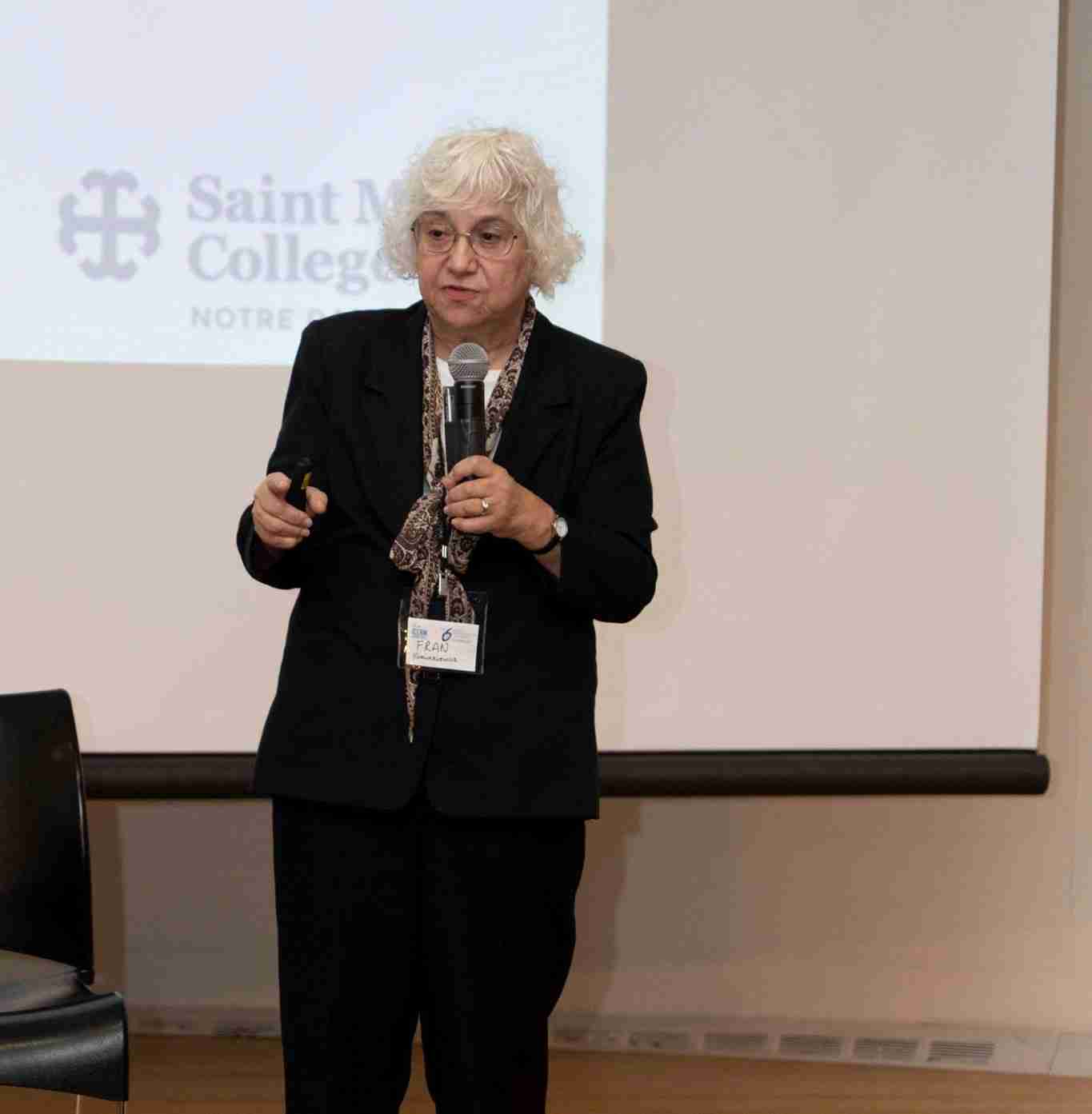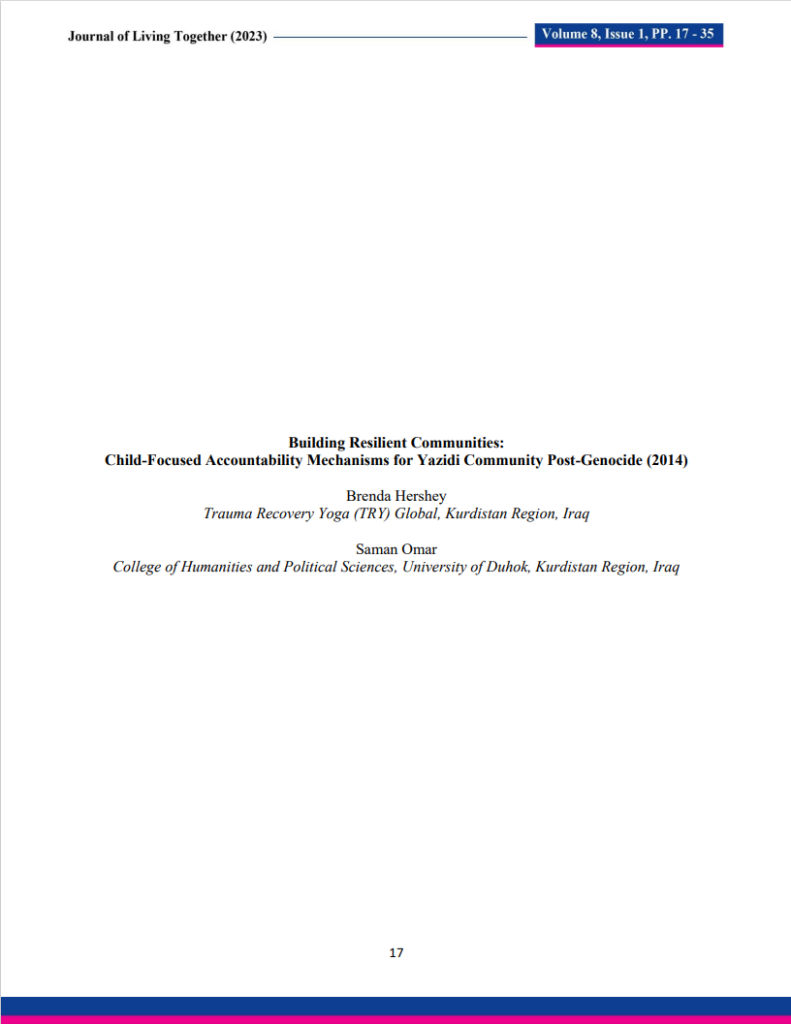This study focuses on two avenues through which accountability mechanisms can be pursued in the Yazidi community post-genocide era: judicial and non-judicial. Transitional justice is a unique post-crisis opportunity to support the transition of a community and foster a sense of resilience and hope through a strategic, multidimensional support. There is no ‘one size fits all’ approach in these types of processes, and this paper takes into account a variety of essential factors in establishing the groundwork for an effective approach to not only hold Islamic State of Iraq and the Levant (ISIL) members accountable for their crimes against humanity, but to empower Yazidi members, specifically children, to regain a sense of autonomy and safety. In doing so, researchers lay out the international standards of children’s human rights obligations, specifying which are relevant in the Iraqi and Kurdish contexts. Then, by analyzing lessons learned from case studies of similar scenarios in Sierra Leone and Liberia, the study recommends interdisciplinary accountability mechanisms that are centered around encouraging child participation and protection within the Yazidi context. Specific avenues through which children can and should participate are provided. Interviews in Iraqi Kurdistan with seven child survivors of ISIL captivity allowed for firsthand accounts to inform the current gaps in tending to their post-captivity needs, and led to the creation of ISIL militant profiles, linking alleged culprits to specific violations of international law. These testimonials give unique insight into the young Yazidi survivor experience, and when analyzed in the broader religious, community and regional contexts, provide clarity in holistic next steps. Researchers hope to convey a sense of urgency in establishing effective transitional justice mechanisms for the Yazidi community, and call upon specific actors, as well as the international community to harness universal jurisdiction and promote the establishment of a Truth and Reconciliation Commission (TRC) as a non-punitive manner through which to honor Yazidis’ experiences, all while honoring the experience of the child.




